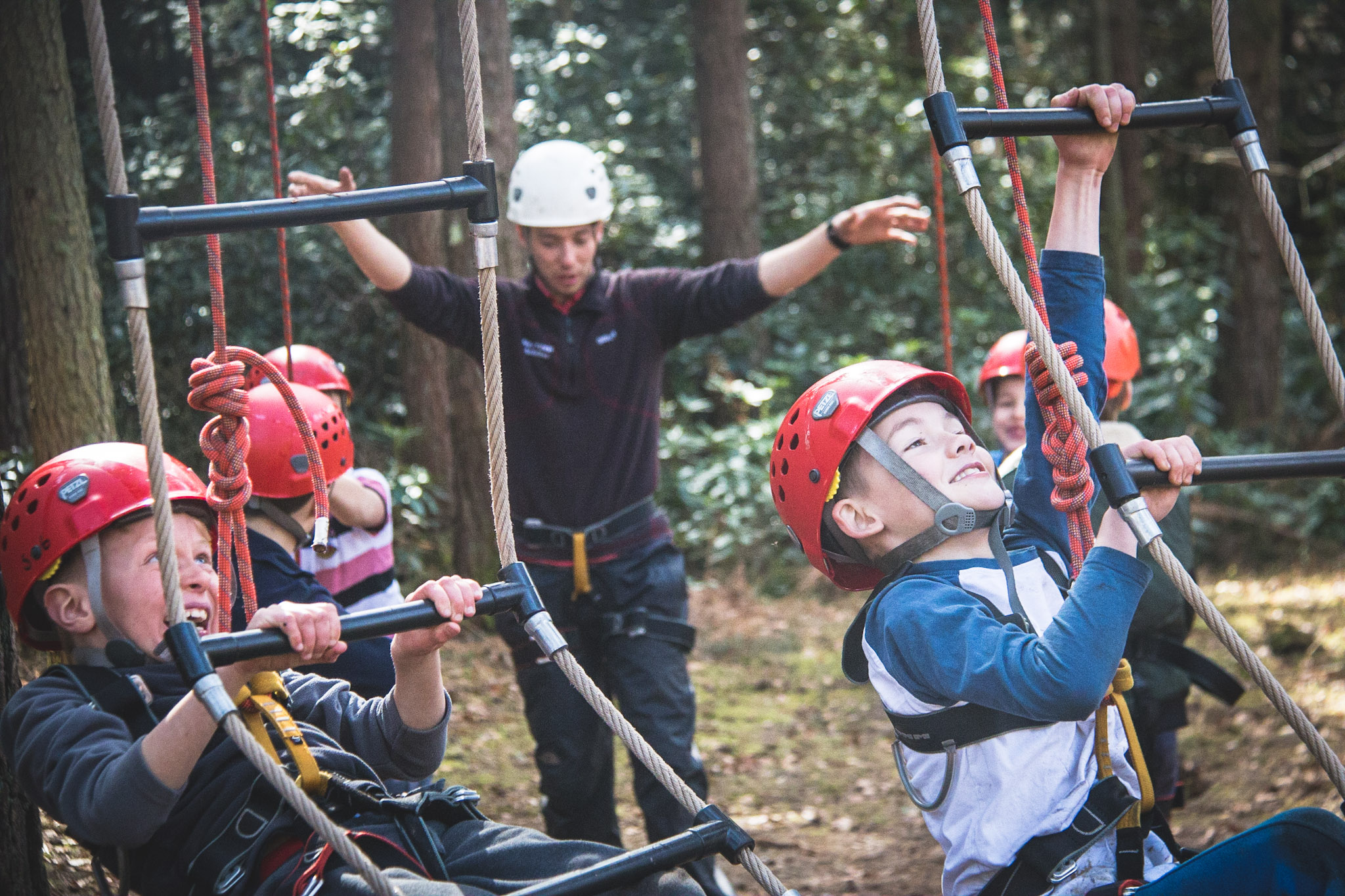Phones in the Wild: How Mobile Tech Shapes Residential Outdoor Experiences
25 November 2024

Embracing Technology in Outdoor Education Without Losing the Magic
Imagine this: a group of teenagers step off the bus at a residential centre, ready for a week of outdoor adventure. They’ve packed the essentials—waterproofs, sturdy boots, and, of course, their mobile phones. For teachers and instructors, these little devices often present a big question: ban them, embrace them, or find a middle ground?
Enter Jack Reed, a PhD candidate at The University of Edinburgh, who dove headfirst into this very debate. His research explores how mobile technologies and social media influence residential outdoor education and offers fresh perspectives on what these devices mean for young people’s learning and wellbeing.
Published in Horizons by the Institute for Outdoor Learning, Jack’s article, "Mobile Technologies and Social Media in Residential Outdoor Education," is a must-read for anyone working with young people in the outdoors. Check it out here.
Key Insights
Jack Reed’s research, conducted at Outward Bound centres, uncovers surprising insights into the role of phones in residentials:
- Phones as Portable Comfort Zones
For many young people, mobile phones are a lifeline to their families and friends, providing reassurance and familiarity in unfamiliar environments. However, this connection can also create a dependency that challenges the purpose of outdoor education: stepping out of one’s comfort zone. - The Pain of Disconnection
For some participants, being “phoneless” for the first time led to frustration or even anger. Yet, it was often this discomfort that spurred personal growth and resilience, key outcomes of residential experiences. - Nature Through a Digital Lens
Jack found that many young people interpret their surroundings through references to digital environments like Minecraft or Netflix. This highlights the growing overlap between virtual and real-world experiences, offering opportunities to connect outdoor learning with their digital lives. - Instructors: Champions of Digital Detox
Many instructors view residentials as a chance to detox from screens. Jack’s study, however, suggests that a one-size-fits-all approach might not work. Instead, he advocates for a more nuanced balance that considers both the benefits of disconnection and the realities of today’s digitally connected world.
Recommendations for Teachers
So, how do we handle mobile phones on residential trips? Jack’s findings provide some great tips:
- Create Balanced Policies
Instead of banning phones outright, consider setting clear boundaries. For example, allow limited use in the evenings to call home but keep activities phone-free. - Use Phones as Tools, Not Distractions
Incorporate apps for nature exploration or photography challenges into your activities. Phones can enhance learning if used thoughtfully. - Prepare for the Disconnect
Acknowledge that being without a phone might feel tough for some young people. Open conversations beforehand can help them understand why the rules are in place and what they’ll gain from the experience. - Invest in Instructor Training
Teachers and instructors can benefit from learning about how young people’s digital lives influence their behaviour and engagement. This understanding can lead to more effective and empathetic approaches. - Balance Nature and Connectivity
A quick call home can provide reassurance for young people and parents alike, helping to build confidence as they tackle new challenges in the outdoors.
Why This Matters for Cairngorms Activities
At Cairngorms Activities, we know the incredible impact outdoor experiences can have on young people. From building resilience to fostering a love for nature, residential trips are a unique opportunity for growth.
But we also recognise that the world is changing. Mobile phones are part of young people’s lives, and finding the right balance between connection and disconnection is key to making these experiences meaningful. Jack Reed’s research challenges us to rethink how we approach technology on our residential trips, ensuring they remain relevant and impactful.
Final Thoughts
Jack’s study reminds us that mobile phones are neither heroes nor villains—they’re just part of the bigger picture. By finding thoughtful ways to manage technology, we can keep the focus on what really matters: helping young people grow, learn, and connect with the great outdoors.
We highly recommend reading Jack Reed’s full article, "Mobile Technologies and Social Media in Residential Outdoor Education," here.
If you’re planning a residential with Cairngorms Activities and want to explore how we manage technology on trips, get in touch. We’d love to help create an unforgettable experience for your group.
